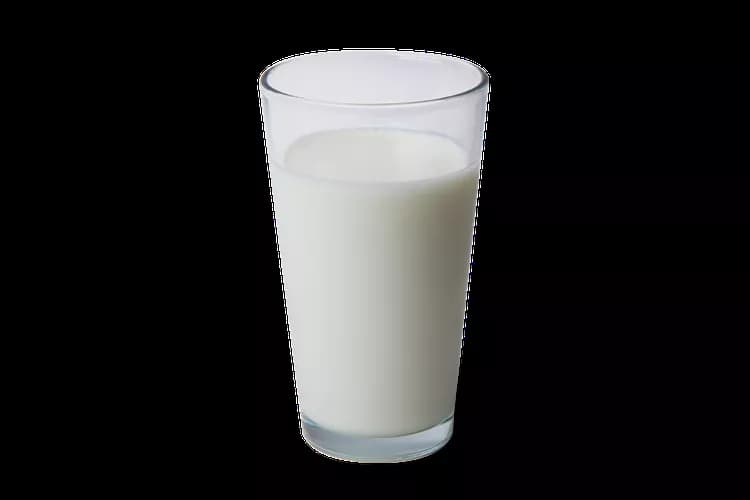
More Dietary Calcium May Lower Risk Of Cardiovascular Disease
In older people, higher dietary calcium intake may lower the risk of cardiovascular disease, but not of stroke and fracture, new research from South Korea suggests. The results will be presented in a poster Saturday, April 2, at ENDO 2016, the annual meeting of the Endocrine Society, in Boston.
"The role of dietary calcium intake in cardiovascular disease, stroke and fracture is controversial. Moreover, participants in previous studies were from populations that had calcium-rich diets. We aimed to evaluate whether high dietary calcium intake increases the risk of CVD, stroke and fracture in a population with low calcium intake," said lead author Sung Hye Kong, MD, resident physician in the Department of Internal Medicine of Seoul National University Hospital in Seoul, South Korea.
Kong and colleagues conducted their research among individuals in Korea's ongoing prospective community-based Ansung and Ansan Cohort Study that began in 2001. Of the 4,589 men and 5,042 women in the cohort study's database who were 40 years of age and above at baseline and were followed up for an average of 13 years, the authors performed their analyses in 2,199 men and 2,704 women over 50 years of age without previous cardiovascular disease and stroke.
The individuals in the study reported their dietary food intake in periodic food frequency questionnaires. Cardiovascular disease, stroke, and fractures were recorded during interviews and examinations every two years. In their statistical analyses, the authors made adjustments for age, body mass index, vegetable and fruit intake, protein and sodium intake, physical activity, smoking and drinking, history of hypertension and diabetes, total energy from the diet, and additionally adjusted for menopausal status and hormone replacement therapy in women.
In older women in this population with low dietary calcium intake, higher dietary calcium intake was significantly associated with decreased risk of cardiovascular disease, but not significantly associated with risk of stroke and fracture.
The above post is reprinted from materials provided by The Endocrine Society. Note: Materials may be edited for content and length.
Disclaimer: DoveMed is not responsible for the adapted accuracy of news releases posted to DoveMed by contributing universities and institutions.
Related Articles
Test Your Knowledge
Asked by users
Related Centers
Related Specialties
Related Physicians
Related Procedures
Related Resources
Join DoveHubs
and connect with fellow professionals

0 Comments
Please log in to post a comment.